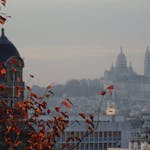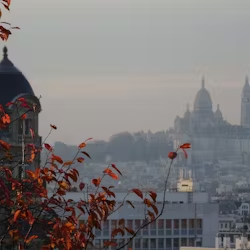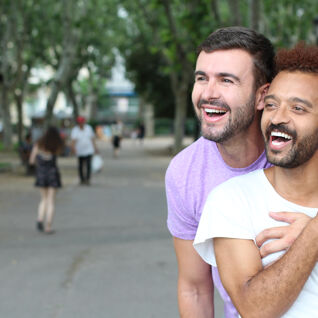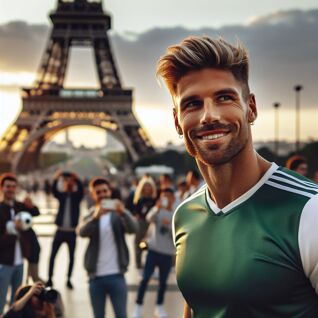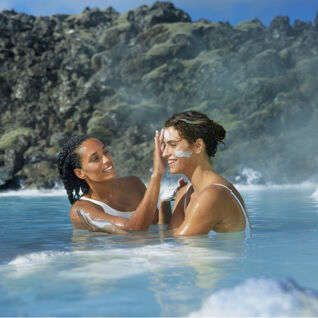Ah, Gay Pari! A mere sleeping beauty by the end of the 20th century, Paris is once again a modern city awakened to the world. Thanks in part to openly gay mayor Bertrand Delanoë, who held office from 2001 until 2014, the city has undergone major transformations. To name just a few: Paris Plage, which every summer turns the borders of the River Seine into a giant beach promenade; Nuit Blanche, which turns the keys of the city to the artists every October; and the Velib, the ubiquitous bike r...
Ah, Gay Pari! A mere sleeping beauty by the end of the 20th century, Paris is once again a modern city awakened to the world. Thanks in part to openly gay mayor Bertrand Delanoë, who held office from 2001 until 2014, the city has undergone major transformations. To name just a few: Paris Plage, which every summer turns the borders of the River Seine into a giant beach promenade; Nuit Blanche, which turns the keys of the city to the artists every October; and the Velib, the ubiquitous bike rental system that has changed the nature of Paris street transportation. The gay community, meanwhile, has grown up alongside the city, and also led the way. Much of its heart still lies in the central neighborhood of Le Marais, where you will find dozens upon dozens of gay bars, restaurants, and bathhouses. Whether you prefers trendy or cozy scenes, whether your passion is for R&B music (and the guys that come with it), good old-fashion house music, or even the always cheesy French pop, there's a place for everyone. While there are plenty of nocturnal adventures to be had, the Parisian club scene is not what it used to be. There are still big, cool parties now and then (Eyes Need Sugar, Under, or Black Blanc Beur), but locals will tell you that the scene is much tamer than it once was for a range of reasons, from Internet hook-ups to problems club promoters have had keeping drugs such as GHB out of their venues. Gay men and lesbians are as integrated into daily life here as anywhere in the world. The community is less identity-conscious than in many American cities, perhaps because it is less necessary: Resistance to equality eroded or went underground long ago. They can be spotted in the thousands of cafés and restaurants, the gay bookshops, or just perusing the prolific gay media options in Le Marais, getting reading for the next night out. And since Marais has become so expensive, you're likely to meet friendly faces in every part of the city -- from Montmartre to Saint Germain des Prés. Contrary to the myth of the unfriendly French, you'll always find a local eager to try out (often poor) English, especially if you can respond with equally challenged French.
